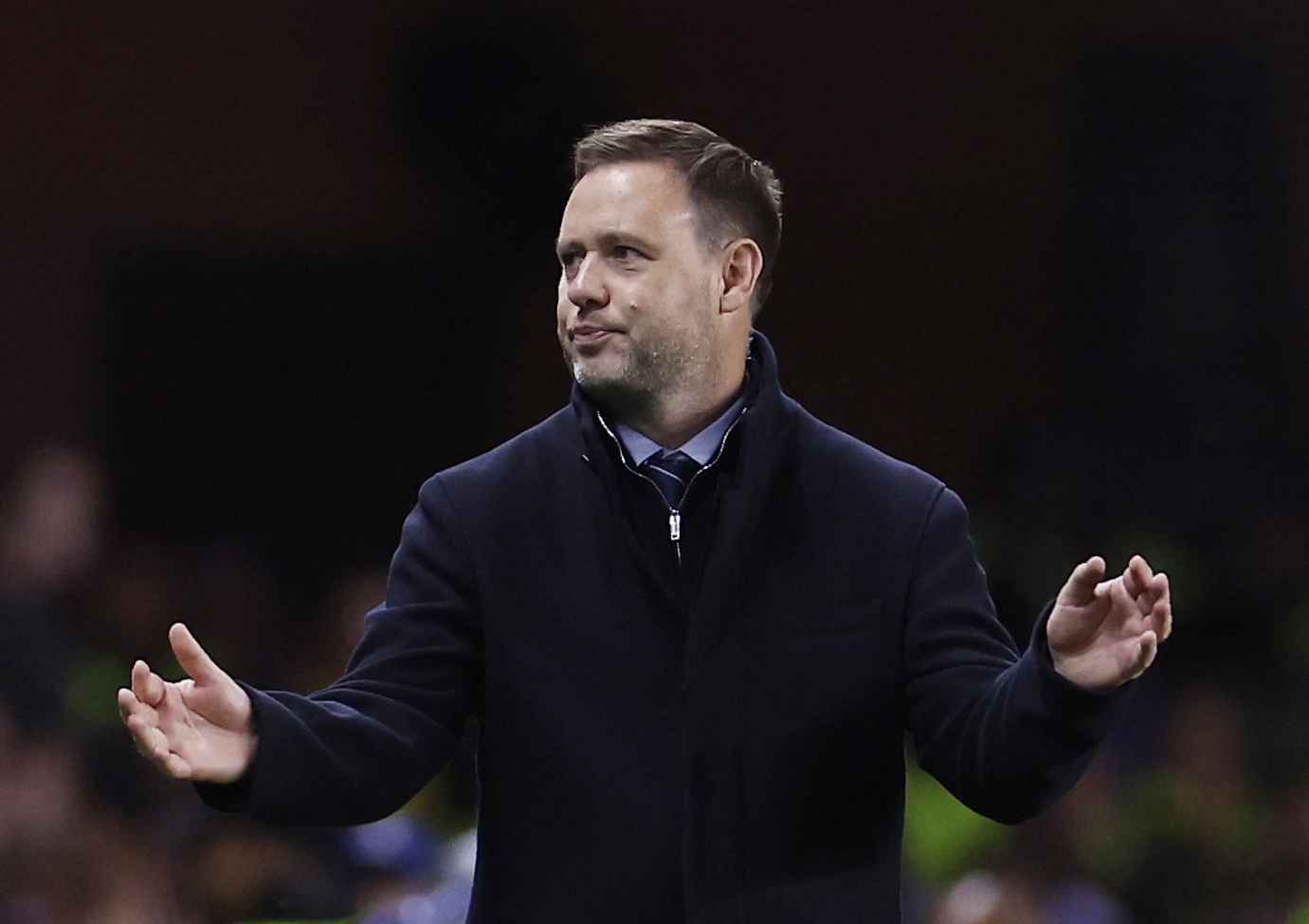Sunderland’s decision to terminate their transfer agreement with Everton has sent shockwaves through the football community. The
termination revolves around a series of significant issues that have surfaced between the two clubs, primarily linked to a disagreement
over the terms and conditions stipulated in their contract.
The core of the dispute lies in Sunderland’s concerns over the financial aspects of the transfer deal. Initially, the agreement included a
structured payment plan with multiple installments spread over several years. However, Sunderland has reportedly raised objections
regarding delays and inconsistencies in these payments. The club’s management expressed frustration over Everton’s failure to adhere
to the agreed-upon schedule, which has reportedly caused financial strain and administrative complications for Sunderland.

Moreover, Sunderland has alleged that Everton did not fully disclose certain clauses related to performance bonuses and add-ons.
These terms, intended to provide additional compensation based on the player’s achievements and team performance, were not as
clear-cut as Sunderland had anticipated. This lack of transparency has led to misunderstandings and a breakdown in trust between the
two parties.
Another factor contributing to the termination is the disagreement over the player’s medical and fitness assessments. Sunderland
claims that Everton’s recent evaluation of the player’s health was not as comprehensive or accurate as required. The club has raised
concerns that this could lead to potential long-term issues that might affect the player’s performance and value.
Furthermore, there have been reports of communication breakdowns and a perceived lack of professionalism from Everton’s side.
Sunderland’s management has criticized Everton for what they describe as inadequate responses to their inquiries and concerns. This
has exacerbated tensions and contributed to the decision to terminate the agreement.
In addition to these issues, Sunderland has cited broader strategic considerations. The club’s management is reportedly reassessing
their approach to player acquisitions and transfers, aiming to streamline their operations and ensure that future deals align more
closely with their financial and operational goals.
The fallout from this decision has implications not just for the two clubs involved but for the broader football transfer market. It
highlights the critical importance of clear communication and thorough contract management in high-stakes transfers. As Sunderland
moves forward, they will likely seek to reinforce their procedures to prevent similar issues in future dealings.
Overall, the termination of the transfer agreement underscores the complex nature of football transfers and the necessity for all parties
to maintain transparency and adhere to contractual obligations.


